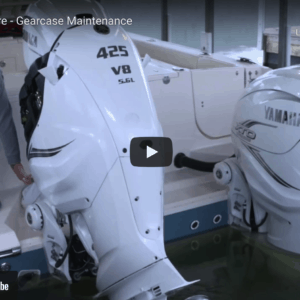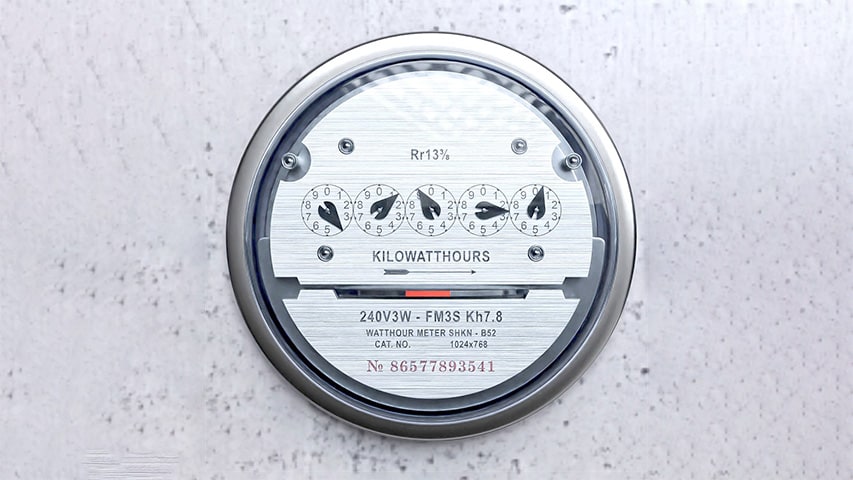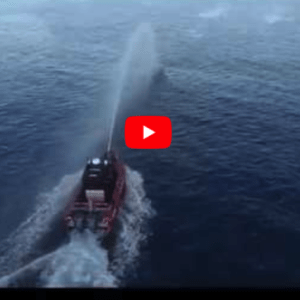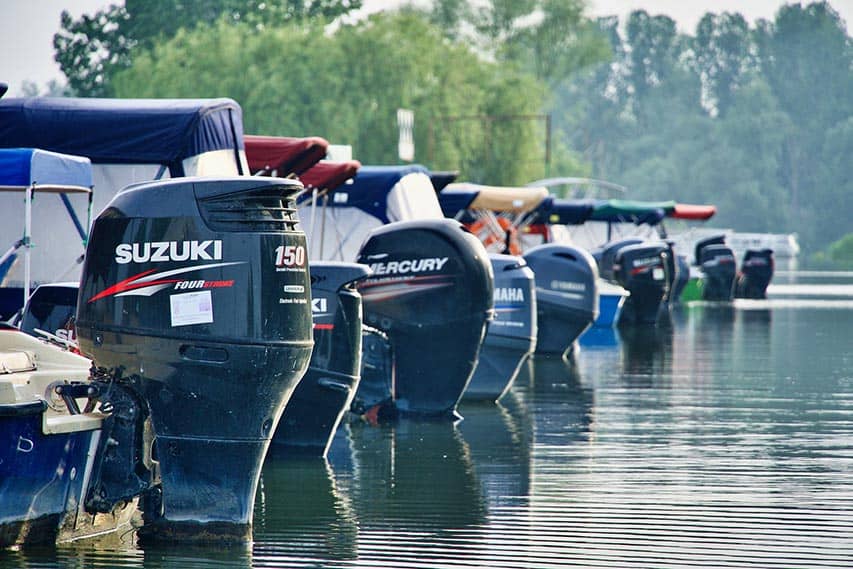
What Engine Maintenance Tips Apply to RIBs?
Outboard or inboard engines are the lifeblood of any Rigid Inflatable Boat (RIB), providing the power necessary to propel you through the water with speed and agility.
This blog post covers fossil-fuel engines. Also take not of my 10 safe fuelling tips.
Just like any other mechanical equipment, engines require regular maintenance to ensure optimal performance, reliability, and longevity.
Check out my 4 rules for top-notch RIB maintenance.
Whether you’re a seasoned RIB owner or a novice enthusiast, here are 10 essential engine maintenance tips. If you’re not so technical, rely on your dealer. Here are my 10 points to answer “What Engine Maintenance Tips Apply to RIBs?”.
1. Flush After Each Use
Saltwater can be corrosive to your outboard engine’s internal components. After each use in saltwater, flush the engine with freshwater to remove any salt residue and prevent corrosion buildup.
2. Check and Change the Oil
Regularly check the oil level and condition of your engine. Change the oil according to the manufacturer’s recommendations to ensure proper lubrication and engine longevity.
3. Inspect and Replace Filters
Check and replace fuel filters, oil filters, and water separators as needed to maintain fuel efficiency and prevent engine damage from contaminants.
4. Inspect Propeller and Skeg
Regularly inspect the propeller for damage, dents, or corrosion.
Also, check the skeg for any signs of impact or wear. Replace or repair damaged propellers and skegs to maintain optimal performance and manoeuvrability.
5. Grease Moving Parts
Lubricate moving parts, such as the steering mechanism, throttle linkage, and tilt mechanism, with marine-grade grease to prevent corrosion and ensure smooth operation.
6. Check Spark Plugs (Diesel Engines Lack These)
Inspect the spark plugs regularly and replace them if worn or fouled. Clean the spark plug electrodes and adjust the gap according to the manufacturer’s specifications for optimal engine performance.
7. Inspect Cooling System
Check the water pump impeller, thermostat, and cooling passages for any signs of blockage or corrosion. Ensure proper water flow to prevent overheating and engine damage.
8. Inspect Belts and Hoses
Check the condition of drive belts, fuel hoses, and cooling hoses for signs of wear, cracking, or deterioration. Replace any damaged or worn belts and hoses to prevent engine failure.
9. Store Properly
When not in use, store your RIB with the outboard engine in the tilted-down position to allow water to drain from the cooling system. Cover the engine with a breathable cover to protect it from dust, dirt, and UV exposure.
10. Overall
Perform Regular Inspections: Schedule regular inspections of your outboard engine to identify any potential issues before they escalate.
Look for signs of corrosion, loose connections, or unusual noises during operation. Addressing small problems early can prevent larger, more costly repairs down the line and keep your RIB running smoothly.
Conclusion
So, by following these 10 outboard engine maintenance tips, you can ensure that your RIB’s engine performs reliably and efficiently, allowing you to enjoy countless hours of boating fun on the water.
Regular maintenance not only prolongs the life of your outboard engine but also enhances your overall boating experience.
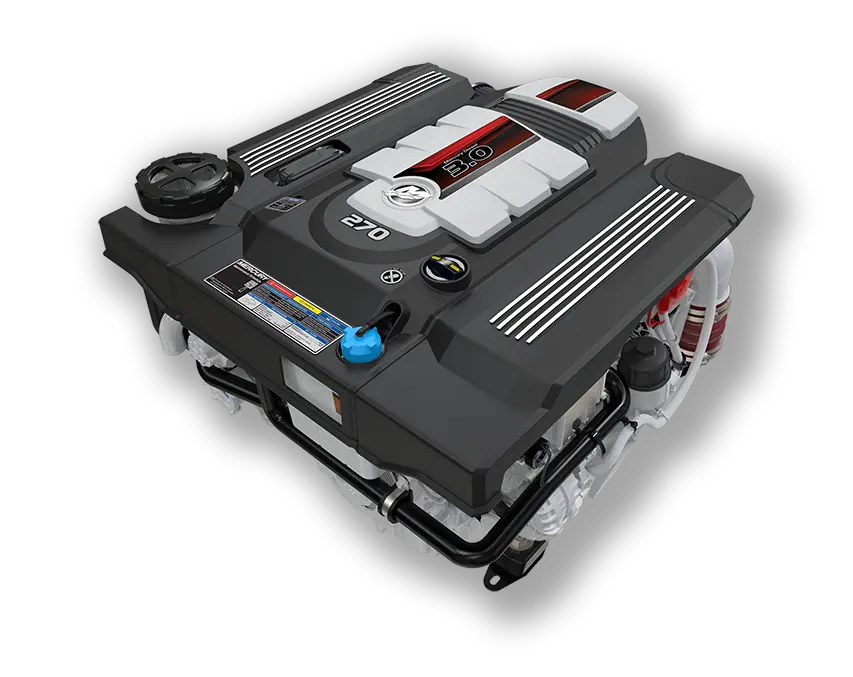
A Mercruiser in board 3.0L diesel (source)
